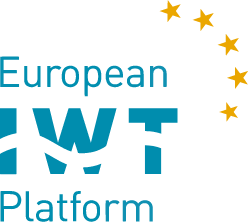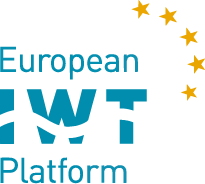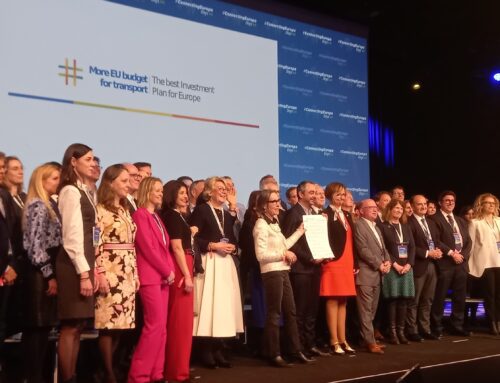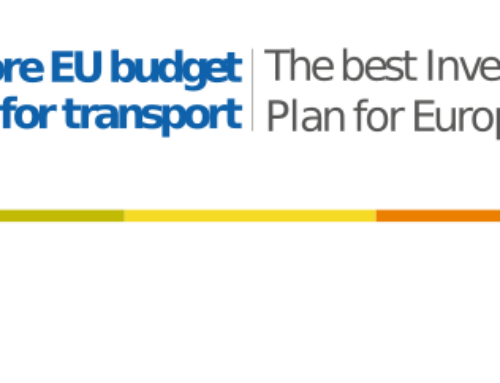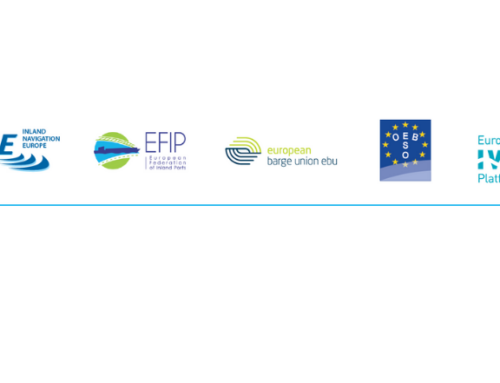The General Block Exemption Regulation (GBER) was specifically amended by the European Commission on March 9th, 2023, to support the EU’s green and digital transitions more easily, more quickly, and in accordance with the Green Deal Industrial Plan.
As long as public investments in seaports up to €150 million continue to be covered, FEPORT is strongly in favor of this targeted amendment’s ratification.
Investments in port infrastructure development, replacement, or improvement are covered, thus as long as the aforementioned level is not exceeded, help can be distributed without previous notification.
The 2023 amendment’s expanded definition of “port infrastructure” specifically mentions green refueling and charging infrastructure in ports that service all forms of transportation and mobile terminal equipment.
In order to meet the high goals for the provision of onshore power supply at berth set forth in the future Alternative Fuels Infrastructure Regulation, government support for the implementation of green refueling and recharging infrastructure in ports is essential. In light of the requirement to lower air pollution in ports, it is also crucial to create an environment that supports ships and hinterland transport modes in decarbonizing.
It is also very encouraging to observe that the modified GBER now expressly exempts help for infrastructure that supplies mobile terminal equipment with gasoline and electricity. The decarbonization of cargo handling activities must proceed quickly, and financial support for such infrastructure is essential. It will also improve the competitiveness of terminal operators in the EU.
The explicit definition of refueling and charging infrastructure that reiterates that it is a part of “port infrastructure” is also welcomed by FEPORT. This means that the “governing body of the port” as stated in article 2(5) of the Port Services Regulation will continue to be in charge of managing and administering this infrastructure.
The Alternative Fuels Infrastructure Regulation (AFIR) is currently the subject of trialogue talks, and FEPORT emphasizes the need of taking into account the definitions specified in the Port Services Regulation and reinforced in the 2023 amendment to the GBER.
To read a full press release – CLICK HERE
